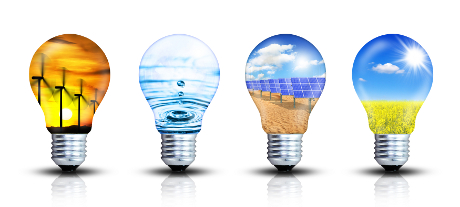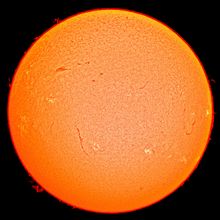In physics, energy is a property of objects which can be transferred to other objects or converted into different forms. The "ability of a system to perform work" is a common description, but it is misleading because energy is not necessarily available to do work. For instance, in SI units, energy is measured in joules, and one joule is defined "mechanically", being the energy transferred to an object by the mechanical work of moving it a distance of 1 meter against a force of 1 newton. However, there are many other definitions of energy, depending on the context, such as thermal energy, radiant energy, electromagnetic, nuclear, etc., where definitions are derived that are the most convenient.
Common energy forms include the kinetic energy of a moving object, the potential energy stored by an object's position in a force field (gravitational, electric or magnetic), the elastic energy stored by stretching solid objects, the chemical energy released when a fuel burns, the radiant energy carried by light, and the thermal energy due to an object's temperature. All of the many forms of energy are convertible to other kinds of energy. In Newtonian physics, there is a universal law of conservation of energy which says that energy can be neither created nor be destroyed; however, it can change from one form to another.
The sun is the source of energy for life on the Earth.
Living organisms require available energy to stay alive, such as the energy humans get from food. Civilization gets the energy it needs from energy resources such as fossil fuels, nuclear fuel, or renewable energy. The processes of Earth's climate and ecosystem are driven by the radiant energy Earth receives from the sun and the geothermal energy contained within the earth.
In biology, energy can be thought of as what's needed to keep entropy low.


No comments:
Post a Comment